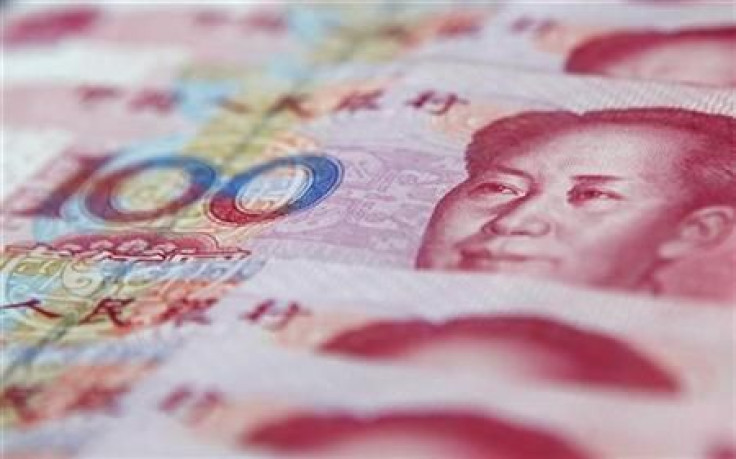China’s Trade Surplus Drops To $19.6 Billion In November: Official Data

China’s trade surplus dropped in November in comparison to that in the previous month in an indication that soft global demand continues to weigh down on the growth of the world’s second largest economy.
According to the data released Monday by the National Bureau of Statistics of China, the country’s trade surplus shrank to $19.6 billion in November, against $32 billion in October and below analysts’ expectation of $25.7 billion. China’s exports rose 2.9 percent in November down from 11.6 percent increase in October and below the analysts’ expectation of 9 percent increase.
This report comes after it was reported Sunday that China’s industrial production rose in November in comparison with that in the previous month, indicating an upswing in the manufacturing output. The data released by the National Bureau of Statistics of China showed that the country’s industrial production, which measures the change in the total inflation-adjusted value of output produced by manufacturers, mines, and utilities, rose 10.1 percent in November, up from 9.6 percent in October and also more than the analysts’ expectation of 9.8 percent.
Also, the data released Sunday by the National Bureau of Statistics of China showed that the country’s retail sales, which measure the change in the total value of inflation-adjusted sales at the retail level, rose 14.9 percent in November, up from 14.5 percent in October and also more than the analysts’ expectation of 14.6 percent.
Meanwhile, it was reported Sunday that the rate of inflation in China accelerated in November in comparison to that in the same period last year. The data from the National Bureau of Statistics showed that China’s consumer price index, which measures the change in the price of goods and services from the perspective of the consumer, rose 2 percent in November from a year earlier, up from 1.7 percent in October.
There have been fears of a hard landing after the data by the National Bureau of Statistics of China showed that the country’s gross domestic product growth slowed down to 7.4 percent in the third quarter, down from 7.6 percent in the second quarter, due to the soft global demand and reduced real estate investment in the world's second-largest economy.
The government has lowered its economic growth target in 2012 to 7.5 percent. In 2011 and 2010, the economy grew at the rate of 9.2 percent and 10.4 percent respectively. Market participants hope that policymakers will soon announce monetary easing measures so that the economy will continue to see that industrial activities are picking up.
© Copyright IBTimes 2024. All rights reserved.











